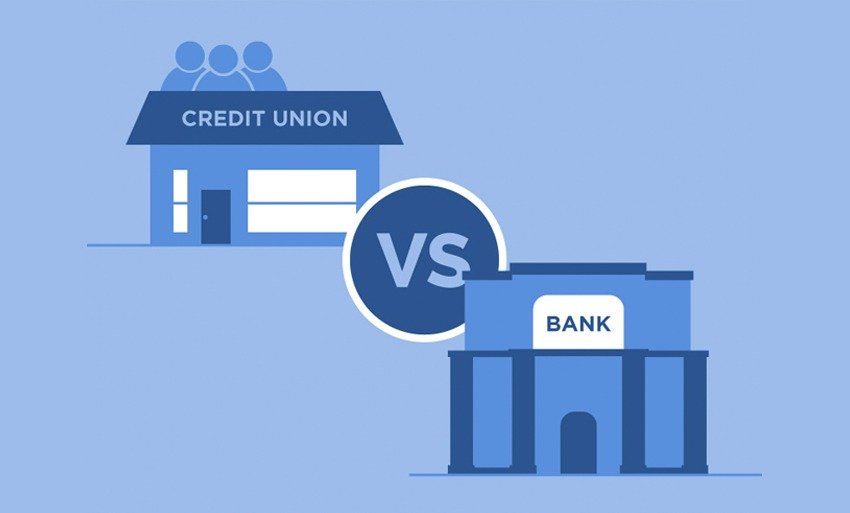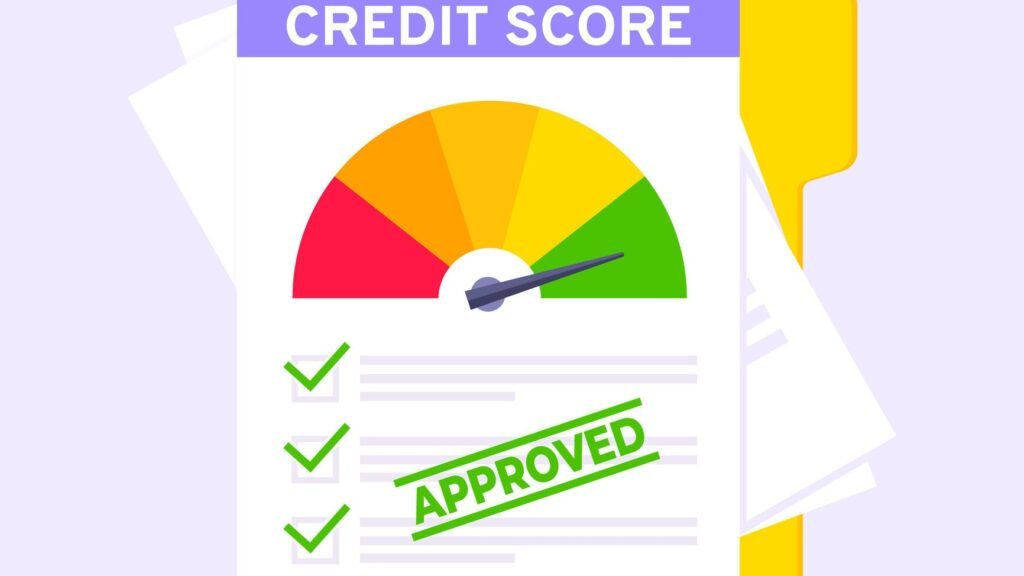
Understanding the Cooperative Nature of Credit Unions
Credit unions, often misunderstood and overlooked, are financial institutions that operate on a completely different basis than traditional banks. Instead of being profit-driven entities, credit unions are cooperatives owned and operated by their members. This unique structure allows credit unions to prioritize the best interests of their members, rather than shareholders or investors.
In practice, this cooperative nature means that credit unions offer a range of benefits that set them apart from other financial institutions. For one, credit unions typically offer more personalized and attentive service to their members. This is because members have a voice in the decision-making process and can actively participate in the management of the credit union. This level of engagement fosters a sense of ownership and community that is not found in the traditional banking sector. Additionally, credit unions often offer lower interest rates on loans and higher interest rates on savings accounts, making them an attractive option for individuals looking to save or borrow money.
Understanding the cooperative nature of credit unions is crucial when considering your banking options. By choosing to bank with a credit union, you are not only gaining access to financial services, but also becoming part of a community-driven organization that aims to support its members. In the following sections, we will delve deeper into the benefits of borrowing from a credit union and the different types of loans they offer, helping you make an informed decision about your financial future.
Exploring the Benefits of Borrowing from a Credit Union
Borrowing money is a common practice in today’s society, but it is important to make informed decisions about where to obtain a loan. One option to consider is borrowing from a credit union. Credit unions are financial institutions that are owned and operated by their members. Unlike traditional banks, credit unions are not-for-profit organizations that focus on serving their members’ best interests rather than maximizing profits. This cooperative nature is one of the key benefits of borrowing from a credit union.
When you borrow from a credit union, you become a member and part-owner of the institution. This means that the credit union’s primary goal is to provide you with affordable and fair loan options. Unlike many banks, credit unions often offer lower interest rates and fees for loans, which can result in significant savings over time. Additionally, credit unions tend to have more lenient lending policies, making it easier for individuals with lower credit scores or limited credit history to qualify for a loan. Overall, borrowing from a credit union can be a smart financial move that provides numerous benefits for members.
Explaining the Different Types of Loans Offered by Credit Unions
A credit union is a type of financial institution that offers various types of loans to its members. These loans are designed to meet the diverse needs of individuals and businesses. One common type of loan offered by credit unions is a personal loan. This type of loan can be used for any purpose, such as paying off debt, funding a vacation, or covering unexpected expenses. Personal loans from credit unions often come with lower interest rates and flexible repayment terms, making them an attractive option for borrowers.
Another type of loan offered by credit unions is a auto loan. This type of loan is specifically designed for individuals who want to purchase a car. Credit unions often offer competitive interest rates on auto loans, allowing borrowers to save money in the long run. Additionally, credit unions may provide pre-approval on auto loans, enabling borrowers to shop for a car with confidence. With a wide range of loan options available, credit unions can be a valuable resource for individuals and businesses seeking financial assistance in various forms.
Factors to Consider When Applying for a Loan at a Credit Union
When considering applying for a loan at a credit union, there are several factors that borrowers should keep in mind. First and foremost, it is important to understand the credit union’s eligibility requirements. Each credit union may have different criteria for loan applicants, so it is essential to review and meet these requirements before submitting an application. This often includes factors such as credit score, income, employment history, and existing debts.
Furthermore, borrowers should consider the interest rates and fees associated with credit union loans. Credit unions often offer competitive interest rates compared to traditional banks, but it is still vital to compare rates from different credit unions to ensure the best terms possible. Additionally, borrowers should be aware of any origination fees, prepayment penalties, or other charges that may be associated with the loan. Understanding these costs upfront can help borrowers make informed decisions and avoid any surprises during the loan repayment period.
How Credit Unions Assess Loan Eligibility and Determine Interest Rates
When it comes to assessing loan eligibility and determining interest rates, credit unions have a slightly different approach compared to traditional banks. Credit unions prioritize the cooperative nature of their organization, which means they focus more on the needs and financial well-being of their members rather than solely on profit. As a result, credit unions often offer more flexible lending criteria and lower interest rates.
One of the key factors credit unions consider when assessing loan eligibility is the member’s credit history. While they do take credit scores into account, credit unions also assess the member’s overall financial situation, including their income, existing debts, and employment stability. This more holistic approach allows credit unions to be more accommodating to individuals who may not have a perfect credit score but demonstrate responsible financial behavior.
In terms of interest rates, credit unions generally offer more competitive rates compared to banks. This is because credit unions are not-for-profit organizations that prioritize member benefits. Any interest earned from loans is used to fund the credit union’s operations and provide better services to its members. As a result, credit unions can offer more favorable interest rates, ensuring that borrowers can access affordable financing options. Additionally, credit unions often have various loan products with different interest rate structures, giving members more flexibility to choose the loan that best suits their needs and payment capabilities.
The Application Process for : Step by Step
When applying for a loan at a credit union, it is important to understand the step-by-step application process. The first step is to gather all the necessary documents and information. This may include proof of income, identification, employment history, and any other relevant financial information. It is essential to have all these documents ready and organized to ensure a smooth application process.
Once you have gathered all the necessary documents, the next step is to fill out the loan application form. This form will require you to provide personal information such as your name, address, and contact details. Additionally, you will need to specify the loan amount you are requesting and the purpose of the loan. It is important to be truthful and accurate when filling out this form as any discrepancies or false information may hinder the approval process. Once the application form is complete, you can submit it to the credit union for evaluation.


